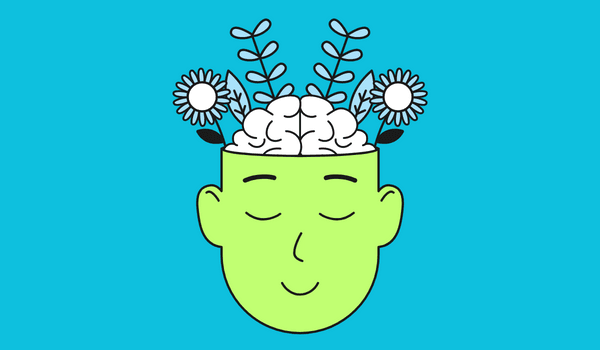
The Power of Consistent Growth
Personal development is one of the most valuable lifelong investments a person can make. It is not a single achievement or moment of realization but rather an ongoing process of self-awareness, discipline, learning, and adaptation. People who dedicate time to developing themselves often find that they build stronger relationships, make better decisions, and navigate challenges with more clarity and resilience. Personal growth shapes both personal and professional success, creating a foundation for a fulfilling and balanced life.
Understanding the Foundations of Self-Awareness
Before any meaningful personal development can happen, self-awareness must be established. This is the process of objectively examining your own thoughts, emotions, habits, and behaviors. It involves recognizing your strengths and weaknesses without judgment. Self-awareness allows you to understand why you react in certain ways and what patterns influence your life.
Some individuals develop this awareness through journaling, while others do it through conversations, reflection, or therapy. The key is to create moments of honest introspection where you can analyze your decisions and emotional responses. This foundation helps ensure that personal development is directed toward authentic goals rather than external expectations.
Setting Clear and Measurable Goals for Growth
Once self-awareness is cultivated, the next step is to set clear goals. Personal development thrives when guided by structure and direction. Goals should be specific, measurable, achievable, relevant, and time-bound. Vague aspirations like “I want to improve my life” lack the clarity needed to produce real progress. Instead, defining objectives such as “I want to read one personal development book per month” or “I will wake up thirty minutes earlier each day to exercise” provides a concrete structure.
Writing goals down and reviewing them regularly reinforces commitment. Many people find success in breaking larger objectives into smaller milestones. Achieving these incremental goals builds momentum and motivation, which are crucial for sustaining personal development over the long term.

Building Discipline Through Daily Habits
Discipline is the bridge between goals and results. Personal development relies heavily on consistent actions rather than short bursts of motivation. Developing daily habits helps integrate growth into your lifestyle in a sustainable way. Habits like waking up early, reading regularly, practicing gratitude, or engaging in physical activity can transform your mindset and overall well-being.
One of the most effective strategies is to start small. Instead of attempting major life overhauls overnight, introduce manageable changes that can be maintained over time. For example, committing to writing in a gratitude journal for five minutes every morning can evolve into a deeply ingrained daily routine that shapes a more positive outlook.
Embracing Challenges and Discomfort as Catalysts for Growth
Personal development often flourishes in moments of discomfort. Challenges push individuals out of their comfort zones, forcing them to develop new skills and perspectives. Rather than avoiding difficulties, those who embrace them as opportunities for learning tend to grow more rapidly.
Whether it is speaking in public, starting a new job, learning a new language, or addressing personal fears, facing discomfort builds resilience. It also strengthens self-confidence, as each successfully navigated challenge reinforces the belief in one’s own capabilities. This mindset shift is essential for long-term development because growth rarely happens in the absence of adversity.
Continuous Learning and Adaptation
The world is constantly changing, and so must personal development strategies. Lifelong learning ensures that individuals remain adaptable, relevant, and capable of evolving alongside new circumstances. Reading books, listening to podcasts, taking courses, or engaging in thoughtful conversations can all expand knowledge and perspective.
Adaptation also involves being open to feedback. Constructive criticism, when received with an open mind, becomes a powerful tool for growth. Rather than perceiving feedback as a threat, individuals can view it as valuable information that guides their personal evolution. This willingness to learn and adjust allows for steady progress even when circumstances shift.
 Personal Development
Personal Development Practical Ways to Support Your Mental Health Daily
Posted on 2025-08-11
Mental health is just as important as physical health, yet it often receives less attention in daily...
 Artificial Inteligence
Artificial Inteligence Relatively few Americans are getting news from AI chatbots like ChatGPT
A growing share of Americans are using artificial intelligence chatbots like ChatGPT. But chatbots h...